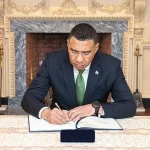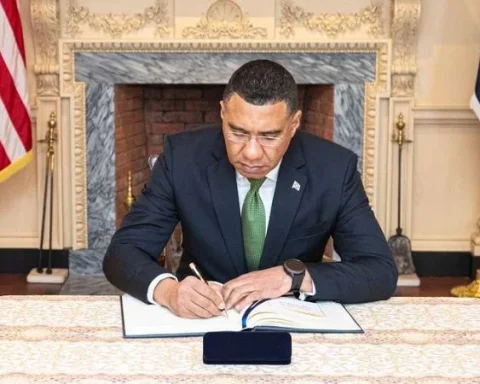In Brazil, candidates for elective positions believe that the political environment still hinders progress towards equity. Even with the Quota Law, the perception of 66% of them is that political parties do not provide equal conditions of competition between men and women. This is what the research shows women in politicsheld this year by the Datasenado Institute in partnership with the Observatory of Women against Violence, with candidates from the 2018 and 2020 elections.
The study also indicates that 90% of them believe that investing in the training of female leaders can increase the representation of women in these positions. The survey heard, by telephone, 2,850 candidates for the 2020 municipal elections (mayor and councilors), between March 22 and April 13, 2022.
According to the institute, the research sought to investigate the reasons for the low female representation in elective positions in the country. The 2009 Quota Law requires political parties to have at least 30% female candidates to run in the elections.
For the founder of the Elas no Congress project, Bárbara Libório, it is not enough to launch candidates just to fulfill the quotas. It is necessary to invest in female candidates.
“It may be that she is just another name on the party’s list of candidates, but that she does not receive the resources for that. We’ve been talking about the orange candidates for a long time. Parties have to fulfill a gender candidacy quota, but that does not mean that they invest in this campaign so that they are actually elected.”
And this is confirmed in reality: in the 2018 elections, the percentage of female candidates for federal deputies was 31%. In practice, they occupied only 15% of the total number of vacancies. In the Senate: only 13% of the seats were occupied by women.
gender violence
The survey also shows that one in three women has already been discriminated against in the political environment, just because of being a woman.
Bárbara Libório says that the violence suffered by women in politics is gender-based because it is not linked to professional or political capacity, but to their bodies, their personal lives.
For her, violence takes many forms, including the so-called “orange candidates”, because they discourage women from pursuing a political career and interfere with democracy.
“They end up not having resources, not having investment in this campaign. It’s no use meeting a candidacy quota if we don’t have investment because what we want to see is not just more women candidates, but more elected women, more women occupying these positions and these positions for which they are applying. ”
According to the study, adding up the 2018 and 2020 elections, only 33% of the candidates were women, while in the population they reach 52% among Brazilians over 18 years old.
*With reporting by Sayonara Moreno, from Rádio Nacional
















